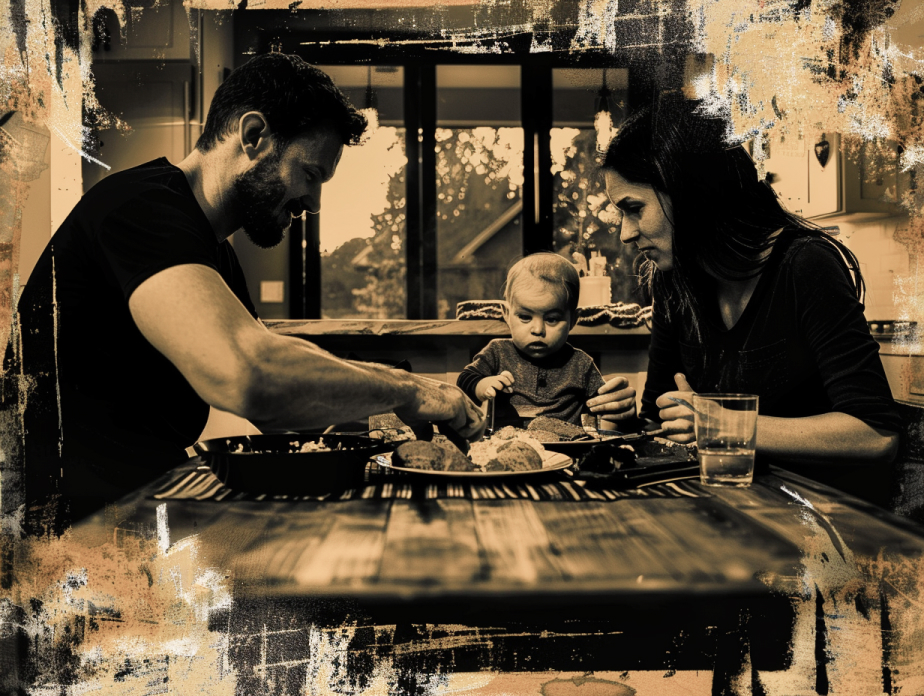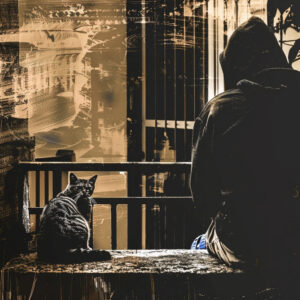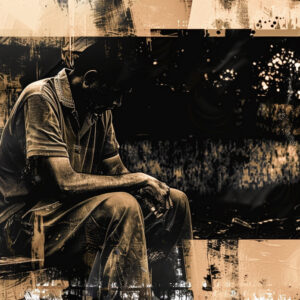They say: The farther you are from humans, the more the bonds of love increase…

There is no doubt that the dramas before the Syrian crisis have presented distinguished and honorable series in a remarkable way. Syrian drama will not recover soon from its repression unless it is tempted by the previous works with their sophistication. One of the most famous series is (The Four Seasons), which was rated as the best series in the history of Syrian drama. It may seem a little strange, how can we relate to events that were issued more than twenty years ago, but thanks to the huge number of blogs and the permanent presence of actors on social media, which prompted many fans of this great work to relive the scenes and events of the series again, in a nostalgic way, this strange nostalgia stems from an emotional charge and great nostalgia for the period (2000-2002), for beautiful times and peaceful moments.
The series “The Four Seasons” revolves around a Damascene family, to which four generations belong: Karim (Khaled Taja), the head of the family, is fascinated by the beautiful memories of his past and the art of the golden age. He has many antiques (radios, cylinders, and others). As for his wife (Nabila Al-Nabulsi), she is the ideal mother that all her children turn to. Aunt Jamila (Hala Shawkat) also lives in the same house. This generation represents authenticity and the beautiful past times. As for the second generation, they are Karim’s daughters and their husbands, they represent different social strata. For example, Faten (Salma Al-Masry) and her husband (Saleem Sabry) belong to the rich aristocracy, while Magda (Maha Al-Masry) and her husband Nagib (Bassam Koussa) represent the employees who seek for a living. Shadia (Laila Jabr) and her husband Barhoum (Andre Skaff), they belong to the poor class, while (Yara Sabry) and (Jamal Suleiman) represent the educated class that tries to offer new ideas, proposals and advice to everyone. As for the third generation, they are the young generation, the grandchildren of Karim and Nabila, who represent a realistic situation that many young people have lived through of loss, emotional instability and cultural disparity. So you see (Milad Youssef), the educated computer-obsessed, and Mazen (Rami Hanna) chasing after women and cars because of the obscene wealth, while Soso (Dima Baya’a) and Maya (Rabab Kanaan) girls compete on modern and trivial issues between the thought of the average girl and the rich girl. As for the fourth generation, it is limited to the character of the little girl Nara (Rawa’ al-Saadi).
Hatem Ali, in his wonderful epic (The Four Seasons), discussed many topics and social issues in a manner ranging from comedy to social realism through a social fabric that brings together the family (The Four Seasons), which differ in its ideas and opinions, but eventually meet in the warmth of the family, so intellectual differences vanish due to emotional affiliation . The series “The Four Seasons” is characterized by the simplicity of dialogues, the warmth of scenes, and the flow of events, becoming the talk of the Syrian street with all its spectrum and the beautiful corner that they are waiting for together in the beautiful hope of overwhelming moments of great love.



